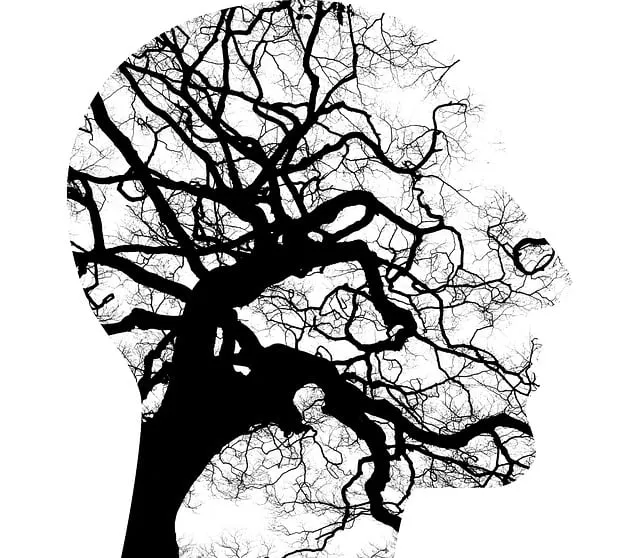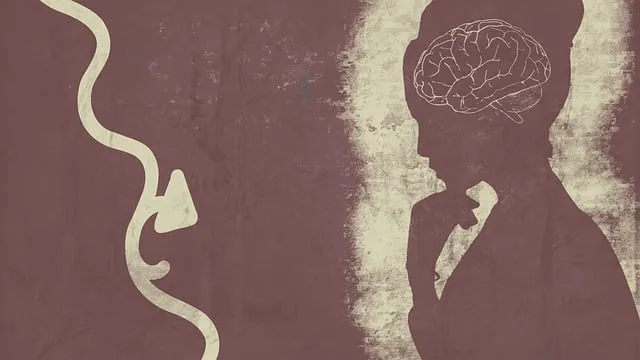Kaiser Permanente mental health facilities in Superior prioritize community building and inclusive practices to create a supportive environment for successful group sessions. Skilled facilitators use evidence-based programs, clear goals, and open dialogue to enhance mental health awareness, foster inner strength, and provide peer support. This approach, tailored to diverse cultural backgrounds, equips individuals with resilience and coping mechanisms to navigate life's challenges effectively.
“Explore proven techniques for mental wellness group facilitation at Kaiser Permanente’s leading mental health facility. Discover how strategic approaches, like setting a supportive environment and integrating mindfulness, enhance engagement and outcomes. Learn from effective strategies for open communication, icebreakers, and guided discussions tailored to diverse populations. Elevate your practice with these superior methods for fostering meaningful connections and driving positive change in mental health support groups.”
- Setting the Stage for Success at Kaiser Permanente Mental Health Facility
- – Understanding the Role of Group Facilitation
- – Creating a Safe and Supportive Environment
- – Establishing Clear Goals and Expectations
Setting the Stage for Success at Kaiser Permanente Mental Health Facility

At Kaiser Permanente Mental Health Facility, creating a supportive environment is paramount to facilitating effective group sessions. The facility’s commitment to superior mental health care extends beyond clinical treatments; it prioritizes fostering a sense of community and belonging among participants. By setting a welcoming tone at every interaction, staff members lay the groundwork for success in group therapy. This includes utilizing inclusive language, actively listening to members’ experiences, and promoting an atmosphere where everyone feels seen, heard, and valued.
Group facilitation techniques tailored to the Kaiser Permanente mental health facility‘s diverse population consider individual cultural backgrounds, ensuring that activities resonate with participants from various walks of life. Encouraging open dialogue, sharing personal stories, and engaging in collective problem-solving not only enhance mental health awareness but also foster the development of inner strength. Through such initiatives, members are empowered to navigate their mental health journeys with newfound resilience and support.
– Understanding the Role of Group Facilitation

Group facilitation plays a pivotal role in enhancing mental wellness at Kaiser Permanente mental health facilities. It goes beyond merely moderating discussions; it’s about creating an environment that fosters emotional healing processes and supports participants’ journey towards well-being. Skilled facilitators act as guides, ensuring every voice is heard and respected within the group dynamic. This collaborative approach encourages members to share experiences, offer peer support, and learn from one another, thereby strengthening their collective mental health.
The design of these sessions leverages Mental Health Education Programs and Emotional Healing Processes to address diverse needs. By fostering open communication, facilitators help participants navigate complex emotions, build coping mechanisms, and develop a sense of community. This supportive network is particularly crucial in Superior, where access to specialized services might vary, making group facilitation a powerful tool for enhancing mental wellness at the grassroots level.
– Creating a Safe and Supportive Environment

At a Kaiser Permanente mental health facility, creating a safe and supportive environment is paramount to effective group facilitation. This begins with establishing clear boundaries, ensuring confidentiality, and fostering an atmosphere where every participant feels valued and respected. Facilitators should encourage open dialogue, actively listen to members’ experiences, and validate their feelings, thereby cultivating trust and strengthening the therapeutic bond.
By prioritizing these elements, healthcare providers can implement successful burnout prevention strategies for themselves and their colleagues while promoting mental wellness and inner strength development within the group setting. This approach not only enhances overall well-being but also improves engagement, enabling individuals to navigate life’s challenges with greater resilience and coping mechanisms.
– Establishing Clear Goals and Expectations

At a Kaiser Permanente mental health facility, facilitators play a pivotal role in guiding groups towards improved mental wellness. A key aspect of this is establishing clear goals and expectations from the outset. This strategic move forms the foundation for a productive and therapeutic environment, ensuring every participant understands the purpose and expected outcomes. When designing mental health education programs, facilitators should outline specific objectives tailored to address common challenges like burnout prevention, drawing from evidence-based practices.
Effective communication strategies are integral to achieving these goals. By fostering open dialogue and active listening, facilitators create a safe space for individuals to share their experiences and learn from one another. This interactive approach not only enhances mental health education programs but also encourages participants to set personal objectives aligned with the group’s overarching goals, fostering a sense of collective responsibility and support.
The successful facilitation of mental wellness groups at Kaiser Permanente mental health facilities hinges on creating safe, supportive environments where individuals feel empowered to share their experiences. By establishing clear goals and expectations, facilitators can guide these groups towards fostering connection, building resilience, and enhancing overall well-being, ultimately providing superior care for all participants.






